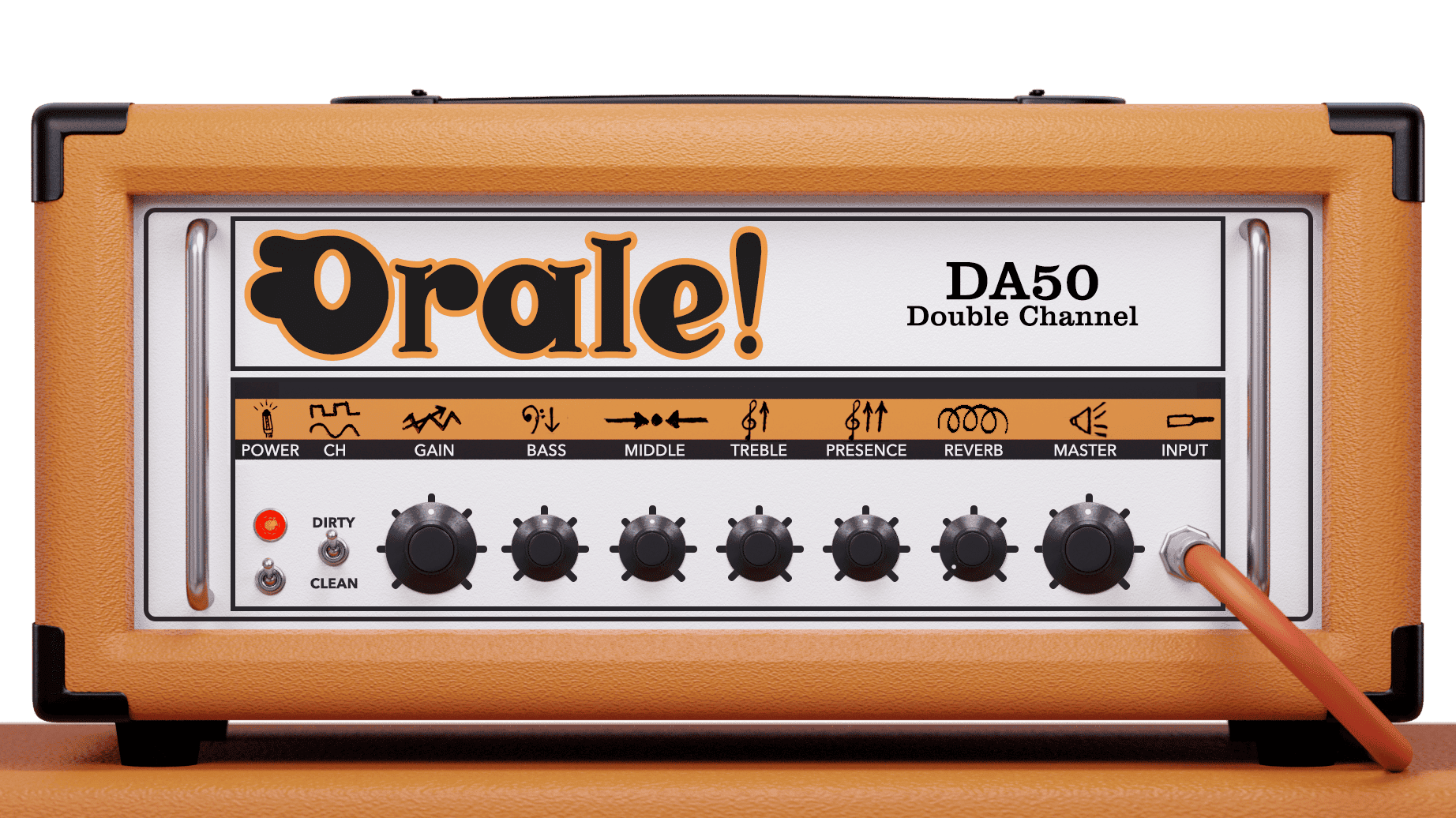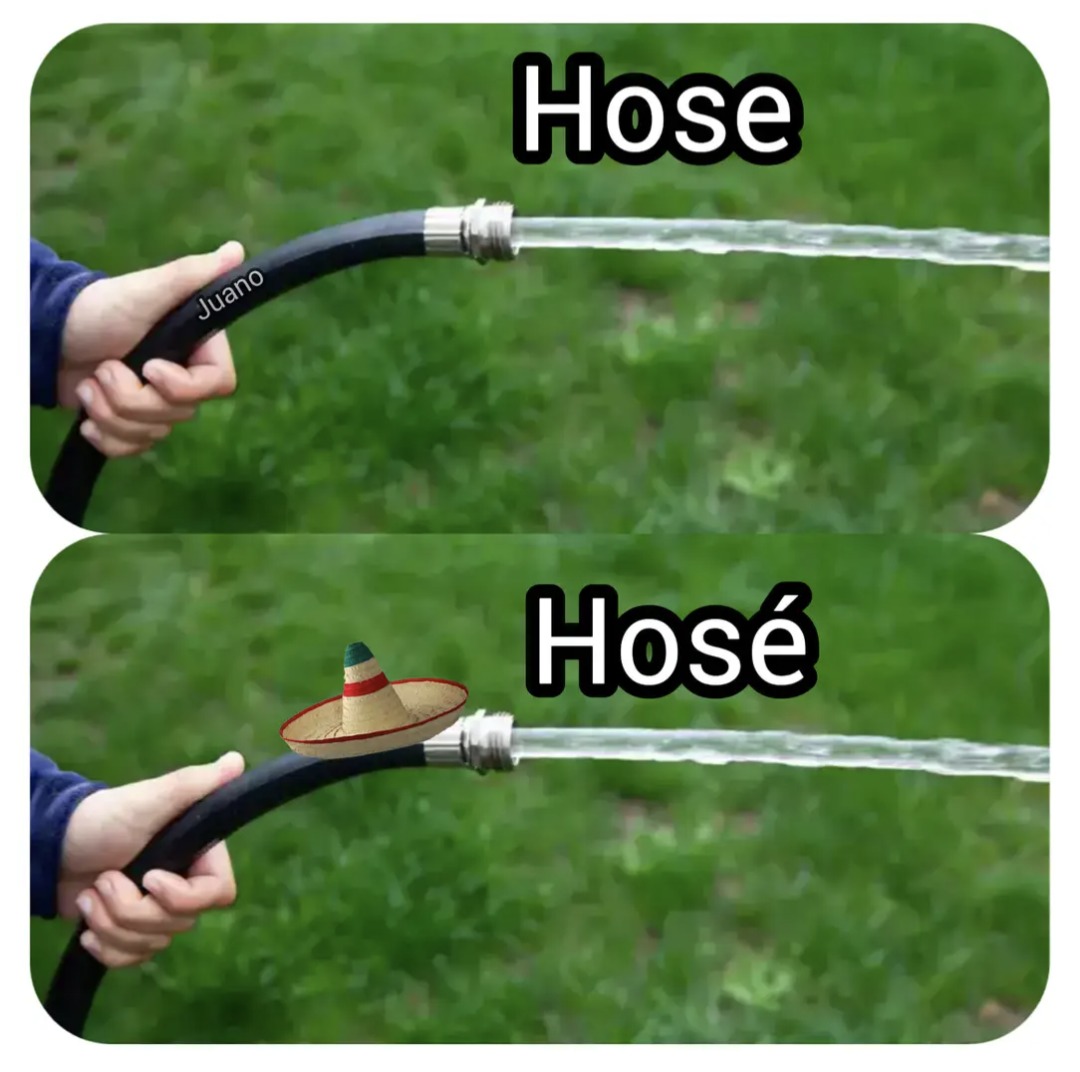There is a certain word, a rather common expression, that pops up quite a bit in conversations, especially among Spanish speakers, and it carries a whole world of different feelings and messages. This word, "orale," can seem a bit mysterious at first, almost like a secret handshake of sorts, conveying everything from agreement to encouragement, or even a call for attention. It's a word that, you know, really gets used in many different settings, making it a truly versatile piece of everyday talk.
It's interesting to consider how a single word can hold so many different shades of meaning, almost like a chameleon changing its colors to fit its surroundings. You might hear it in a friendly chat, or perhaps when someone is trying to get things moving along, and that, is that, a big part of its charm. The way it's said, the tone of voice, and who is saying it to whom, all play a part in what it truly means at that very moment.
This particular word, with its varied uses, often leaves people wondering about its exact sense, especially when they first come across it. Many people try to figure out its deeper roots, or how it became such a frequent part of spoken language, and that, is a pretty natural thing to do. We'll take a closer look at what "orale meaning" brings to conversations, exploring its different forms and the feelings they convey.
- New York Jets Vs Steelers Match Player Stats
- Regal Springfield Town Center
- 3rd And Lindsley
- Geeks Who Drink
- Astrid And Miyu
Table of Contents
- What Does "Orale" Really Mean?
- Is "Orale" Just for Men?
- How Does "Orale" Change with Different Words?
- Understanding "Orale, Vato"
- The Everyday Feel of "Orale, Güey"
- What About "Orale, Cabrón"?
- Thinking About Where "Orale" Comes From
- The Idea of "Orale Pues"
What Does "Orale" Really Mean?
The word "orale" itself, standing alone, can hold a whole bunch of different senses, depending on the situation. It’s like a Swiss Army knife of expressions, ready to serve a number of purposes in a chat. You might hear it as a way to say "okay" or "yes," a simple nod of acceptance, you know, when someone agrees with what has been said.
- Tucson City Court
- Yancy Ransom Canyon
- Sheepshead Bay Regal Cinema
- Bayville Scream Park
- Guaranteed Rate Inc
Sometimes, it’s a way to give a little push, like saying "come on" or "let's go," urging someone to get moving or to hurry up. It can also be a sign of surprise or excitement, a sudden exclamation that shows someone is feeling something strongly. So, it really does have a wide range of uses, making it a very adaptable piece of speech.
The core "orale meaning" often boils down to a sort of confirmation or an expression of feeling, but the precise shade of that feeling is very much tied to how it’s spoken. A sharp, quick "orale" might mean one thing, while a drawn-out, softer "orale" could mean something else entirely. It's all about the delivery, you see, and the situation at hand.
People use it when they want to get someone's attention, or perhaps to show that they are listening and following along. It’s a very common sound in casual talk, a true sign of everyday communication. This kind of flexibility is what makes "orale" such an interesting word to think about, and it’s why so many people use it without even thinking twice, basically.
Is "Orale" Just for Men?
There's a general idea that "orale," especially when paired with certain other words, is something mostly heard among men, particularly Mexican men. You know, it’s often seen as a very masculine way of speaking, a part of how male friends talk to each other. This perception comes from how often it shows up in conversations between guys, really, making it seem like their special word.
However, it’s not strictly limited to men, not at all. The source text makes it quite clear that women also use it, and they certainly do, especially when they are hanging out in a relaxed way. So, while it might have a stronger link to male speech in some circles, it's not a word that only men can say. It's more about the casual setting and the kind of bond between people, you know, rather than gender alone.
The idea that it's just for men is more of a common observation about how it's frequently used, rather than a strict rule. It’s a bit like saying certain slang words are only for young people; while they might use them more, older people can pick them up too. So, the "orale meaning" isn't tied to one gender, even if it has a stronger presence in some groups.
It shows that language is a living thing, always changing and adapting, and words move beyond their typical homes. A word like "orale" might start out being used in one particular way, but it spreads out, you see, becoming part of a wider group's talk. This is why you can hear it from different people in different settings, which is pretty cool.
How Does "Orale" Change with Different Words?
The simple word "orale" gets a whole new set of colors when it teams up with other words, particularly informal terms of address. These pairings really shape the "orale meaning," giving it a more specific feel. It's almost like adding a special flavor to a basic dish; the core is there, but the added ingredient makes it something else entirely. This is very true for how people communicate.
When you hear "orale" by itself, it’s quite open to interpretation, but when it’s joined by words like "vato," "güey," or "cabrón," the message becomes much clearer, and often, more personal. These additions tell you a lot about the relationship between the speakers, and the tone of their chat. It really helps to set the mood, you know, for the conversation.
Each of these added words brings its own history and social sense to the table, making the combined "orale meaning" quite distinct. It’s not just about the literal sense of the words; it’s about the feeling they carry and the way they are used in everyday life. So, it's very important to pay attention to the full phrase, not just the single word, to get the full picture.
This shows how language works in layers, with different parts adding to the overall sense. The simple word "orale" is just one piece of the puzzle, and the words that come after it fill in the rest of the picture, basically. This kind of combination is very common in many languages, where short phrases carry a lot of unspoken information.
Understanding "Orale, Vato"
When someone says "orale, vato," they are using a phrase that has a very particular feel, often heard among a certain group of people. The word "vato" itself is a somewhat informal term, usually used to refer to a guy or a dude, and it carries a sense of familiarity, perhaps even a bit of street smarts. So, when "orale" joins with "vato," the "orale meaning" takes on a specific kind of casualness.
This pairing often suggests a greeting, a way to say "what's up" or "hey there," to a male friend or acquaintance. It can also be used to get someone's attention, a direct call to a person, you know, to make them listen. The tone is typically relaxed, a sign of a comfortable relationship between the people speaking, really.
The phrase "orale, vato" might also be used to express agreement or encouragement in a very informal way, like saying "alright, man" or "go for it, dude." It's a common sound in certain social circles, a way of talking that shows a shared background or a similar way of seeing things. You know, it’s a very specific kind of communication.
The translations available for "orale, vato" often point to its use in example sentences and audio pronunciations, which helps people get a better feel
Related Resources:



Detail Author:
- Name : Einar Kohler DDS
- Username : okeefe.jazmyne
- Email : brakus.curt@hotmail.com
- Birthdate : 1992-09-19
- Address : 228 Logan Landing Suite 660 South Lori, KY 39580-3383
- Phone : 469.261.1814
- Company : Shields-Balistreri
- Job : Precision Dyer
- Bio : Velit id dolorem eum quae. Eos repellat et ut amet officiis facere. Ea hic consectetur tempora laboriosam ut. Reprehenderit et et et laborum suscipit.
Socials
facebook:
- url : https://facebook.com/emmitt9512
- username : emmitt9512
- bio : Consequatur sed dolores dolores consequatur.
- followers : 4284
- following : 2272
twitter:
- url : https://twitter.com/reillye
- username : reillye
- bio : Cupiditate quidem cum et repellat assumenda. Sed autem officiis veniam culpa est facilis. Temporibus est magni quos et architecto nisi esse id.
- followers : 4067
- following : 2025